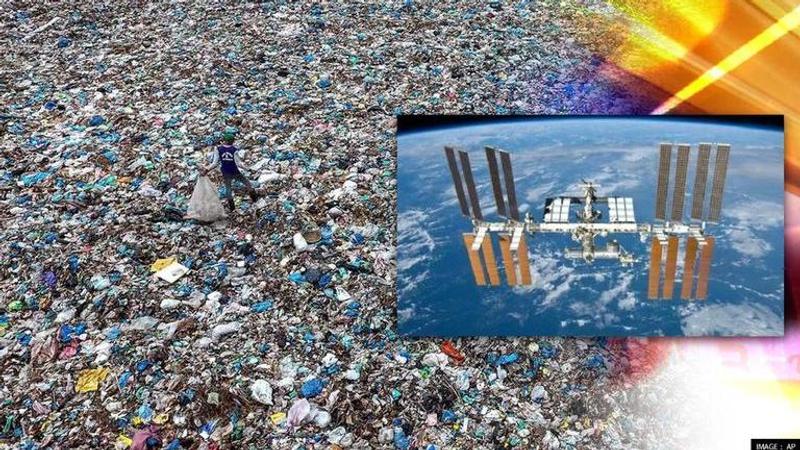Published 17:22 IST, October 29th 2021
Estée Lauder joins hands with ISS to address plastic pollution on earth
Beauty brand Estée Lauder has partnered with the International Space Station (ISS) to address the issue of plastic pollution on earth.

Beauty brand Estée Lauder has partnered with the International Space Station (ISS) to address the issue of plastic pollution on earth. Announced on October 28 by the Center for the Advancement of Science in Space Inc. (CASIS), the collaboration has been made under the 'ISS National Lab Sustainability Challenge: Beyond Plastics'. According to multiple media reports, Estée Lauder is willing to provide $1 million in funding for the challenge to tackle the environmental issue. In an interview with Space.com, the ISS National Lab program director of advanced materials, Ryan Reeves, said,
"We are very excited about this opportunity to partner with Estée Lauder and contribute in some meaningful way to tackling some of the big societal issues. We know that this isn't going to be the solution; we just want to be able to contribute part of the solution."
What is the ISS National Lab Sustainability Challenge?
This challenge works on the idea of inviting multiple entities to combat the plastic problem or other environmental issues by designing and proposing projects and experiments for the space station. According to the statement from the ISS National Lab, this initiative aims to push the participants to achieve at least one of the three goals that include- reducing the amount of plastic waste put into the environment, reducing the amount of new plastic created and coming up with alternative ways to create polymers like plastics.
How will experiments in space save the earth?
Answering this question, Reeves explained how this challenge can help tackle the plastic problem. He said that scientists can use microgravity to advance in the area of biopolymer production. The advantage that biopolymers offer is that they can be easily broken down as compared to traditional synthetic polymers since they are created by living organisms. One example of it can be the biopolymers currently used on earth. They are derived from plants and include silk and cellulose.
Reeves reiterated that somebody should harness the ability of microorganisms to produce biopolymers or chemical intermediates in space, as it is evident that microgravity has a significant impact on microorganisms and their metabolic activity, as per Space.com. Moreover, answering how scientists will scale the use of microorganisms from ISS to here on earth, he said that the microorganisms exposed to conditions of space retain their new quality when brought back on earth, and this can be exploited to tackle plastic pollution.
Image: AP
Updated 17:22 IST, October 29th 2021



